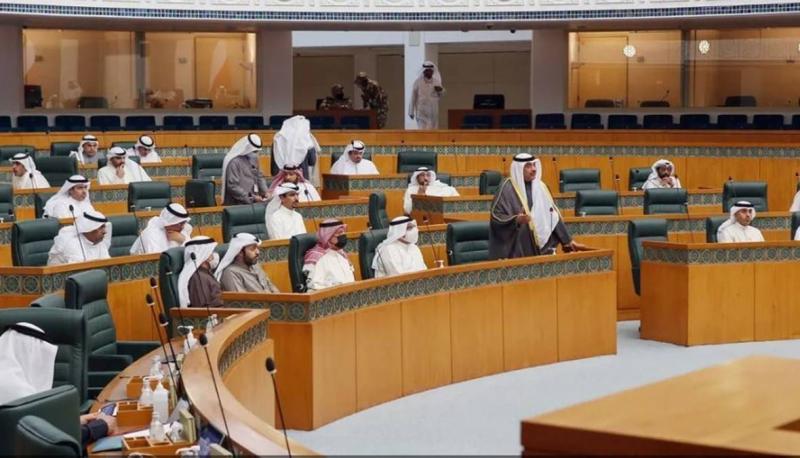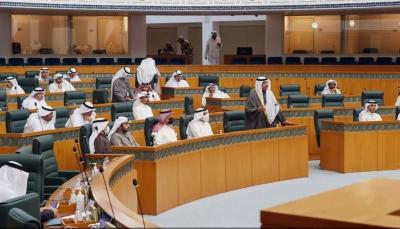Kuwaitis will cast their votes on Thursday to elect members of the National Assembly, marking the first legislative elections held under the new Amir Sheikh Mishal Al-Ahmad Al-Jaber Al-Sabah. About 835,000 voters, 51 percent of whom are women, have been called to the polls to select 50 representatives from five electoral districts for a four-year term. Polling stations are set to open at noon and will close at midnight, after which the vote counting process will begin.
This is the second election held during Ramadan since the start of parliamentary life in Kuwait and the fourth parliamentary election in four years. It comes less than a year after the last elections, which resulted in opposition forces winning the majority of seats.
Ibrahim Dashti, a candidate in the elections, stated that "this democratic process is different from its predecessors." In mid-January, the formation of the first government under Sheikh Mishal was announced, headed by Sheikh Mohammed Sabah Al-Salem Al-Sabah, who was also appointed as Deputy Amir during the Amir’s absence from the country until a Crown Prince is appointed.
No parliament in Kuwait's history has refused to approve the appointment of a Crown Prince. According to the constitution, if this happens, the Amir nominates three candidates, and one is pledged by the National Assembly to become the next Amir of Kuwait. The Amir, who ascended to the throne in mid-December, has about eight months according to the constitution to choose a Crown Prince, as the parliament has the authority to endorse or reject the Amir's choice in a special parliamentary session.
Nine months into the previous parliament's work, an Amiri decree was issued in mid-February to dissolve it due to a deputy's disrespectful behavior towards the Amir during a parliamentary session.
These elections also occur amid several challenges, particularly as successive governments in Kuwait seek to implement a reform plan approved in 2018 to diversify the economy and reduce reliance on oil. Analysts suggest that political reforms are necessary in the upcoming phase.
Since the beginning of its parliamentary life 61 years ago, Kuwait has dissolved the National Assembly 12 times. The repeated dissolution and elections over the years have led to frustration among Kuwaitis.
In these twentieth elections in Kuwait, 200 candidates are running, including 47 members from the dissolved council. Despite the majority of voters being women, there are only 13 female candidates vying for a parliamentary seat, with the last elections seeing only one female candidate, Janan Boushehri, win a seat.
The results are expected to be announced on Friday, followed by the declaration of government resignation according to the constitution.




